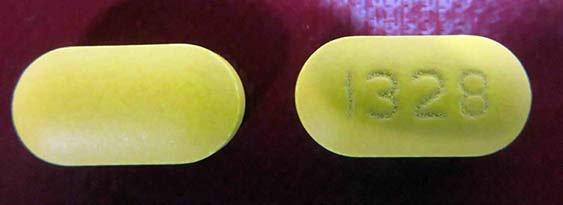When writing about foods, in particular, I have often suggested that how the food is produced makes little difference; an organic apple is as nutritious as a conventionally farmed one. The people that disagree with that opinion in the setting of the apple would talk about chemical pesticides, and we would then go off to debate pesticide residues and the fact that organic doesn’t mean that pesticides and fertilizers were not applied: a great deal of noise and little signal.
The same arguments can and are applied to GMO foods. The latest was a Smirnoff’s non-GMO vodka which ACSH has written about in the past. Truth be told, from the point of view of chemistry, the grain is being used to produce alcohol which is distilled, should not contain any impurities, and is by itself a Class 1 carcinogen (but if only consumed at large doses). It is a marketing ploy, used to make Smirnoff’s vodka somehow healthier; but I think it may be more noise than we intend.
One of the concerns of the anti-GMO crowd is that the insertion of “foreign” genes into food may leave behind some taint or residue. The fact that CRISPR technology does not make use of an entire “foreign” gene simply substitutions is one of our arguments for why CRISPR foods should not be required to carry that GMO label. And again, we can have a long intellectual conversation about what constitutes a genetic modification, and how should it be labeled. In part it seems to come down to a group that believes process matters, any genetic change is a GMO, and those of us who feel that process is relatively less important, and it is the final product that we need to consider.
I think I have to change my stance on the issue because of the manufacturing difficulties with a common medication for hypertension specifically valsartan, an angiotensin receptor blocker (ARB). [1] Changes in manufacturing this drug resulted in the presence of potential carcinogenic byproducts and resulted in multiple drugs recalls beginning in Europe in the late summer and spreading to the US. As it turns out a change in a solvent by a generic manufacturer which was designed to increase yield and reduce cost resulted in a change in the synthesis and the presence of these byproducts (nitrosamines) in the final drug. What was first thought to be an isolated problem turns out to be relatively extensive, and as a result, the FDA is tolerating small amounts of the problematic chemical in the drug to avoid significant shortages. [2] They also published acceptable assays for other associated carcinogens which extended the voluntary recalls to another ARB, irbesartan.
It should come as no surprise to those of us that follow contamination of our food and drugs that the problem was traced back to China, a country that poorly regulates its manufacturing. Specifically, they did not do a risk assessment after changing their manufacturing process, an FDA requirement and their products are currently banned from import into the US. Brand name ARBs have avoided this problem because they make use of different manufacturing facilities.
Here is what has changed in my thinking, the process makes no difference when the final product is identical but the traces left from the manufacturing process need to be considered in making that final evaluation, both in the type of byproducts and their quantity, I still believe the dose makes the poison. It also raises a public safety issue; maybe we should regulate those Chinese imports differently, they have certainly shown us many times now, from poison in pet food, to lead in paint, to carcinogens in medications that they are not ready to be global providers. Maybe it’s time to pay a bit more and bring manufacturing of our medications closer to home, to countries we know we can trust.
Update: Since this article was written, more of these medications have been voluntarily withdrawn from the market.
Notes
[1] An angiotensin receptor blocker keeps angiotensin II, an agent that constricts blood vessels, from attaching to their receptors, allowing the blood vessels to remain dilated and lowering blood pressure.
[2] The FDA believes the risk of cancer is small, 1 in 100,000 cancer risk over 70 years.
Source: Carcinogenic Compounds in ARBs an 'Industry-Wide Issue'




